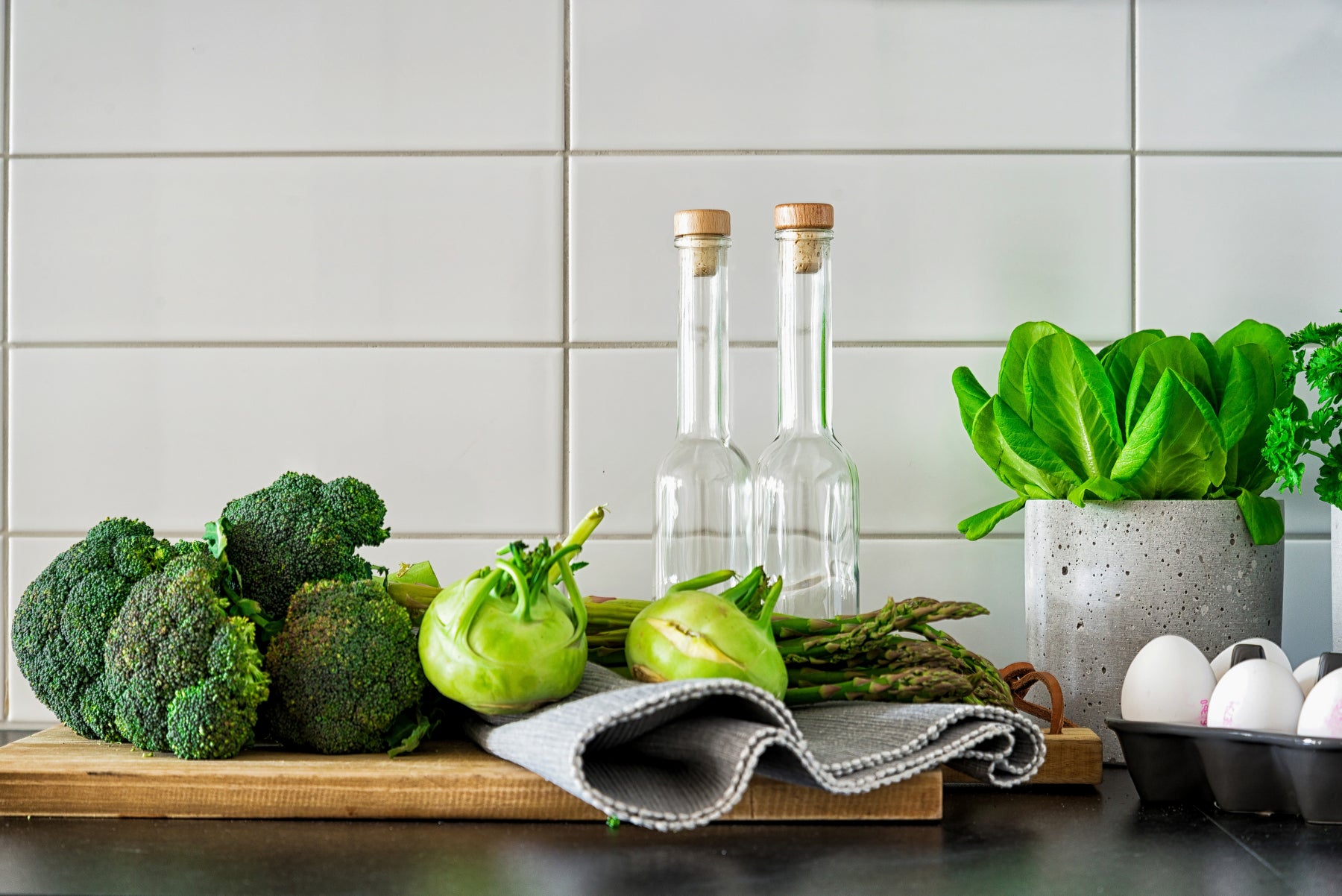
How to support healthy digestion....naturally
Herbalists and naturopaths have long recognised the importance of a healthy digestive system. However, the concept is not new. Hippocrates, who is considered to be the father of medicine, stated over 2000 years ago that "all disease begins in the gut."
Digestion is Important
Almost everyone knows that our digestion system breaks down food into nutrients, which are then absorbed into our bloodstream. In addition to making vitamins, removing waste, synthesising neurotransmitters, and supporting our immune system, our digestive system also helps make specific vitamins. An emerging area in research is the link between the gut and mental health, and how our digestive system communicates with the brain.
How Things Can Go Wrong
Complaints about the digestive system are common among patients who visit complementary health practitioners, and common symptoms include heartburn, gas, bloating, flatulence, diarrhea, and constipation. Many patients mistakenly believe these symptoms are normal and unavoidable.
A number of these symptoms can be avoided. Most of them are caused by poor diet, inadequate fluid intake, parasitic or bacterial infections, impaired stomach acid production, reduced enzyme production, and altered numbers of beneficial bacteria such as SIBO (small intestinal bacterial overgrowth), food allergies and intolerances, obesity, and sedentary lifestyles. A complementary healthcare practitioner can help you identify the cause of these digestive issues and prescribe appropriate herbal and nutritional supplements to ensure optimal digestion.
Herbs and Nutrients That May Help
In addition to reducing digestive symptoms, herbal medicines can also improve digestive function. The herbs and nutrients in these supplements (see below for my recommendations) can help to promote digestion by increasing gastric fluids, reducing gas and bloating, supporting digestive enzyme production, reducing inflammation and irritation, stimulating bile secretion, and providing bulk to regulate the digestive system.
Nutritionally, Digestive Health Requires the Following Nutrients:
Thiamine (vitamin B1) is vital for carbohydrate metabolism and can relieve digestive disturbances. The integrity of mucous membranes depends on riboflavin (vitamin B2). Taking in food releases energy from Niacin (Vitamin B3). The metabolism of proteins, fats, and carbohydrates is dependent on pantothenic acid (vitamin B5). The lipid, carbohydrate, and protein metabolism are all affected by pyridoxine (vitamin B6). Loss of appetite, diarrhoea, and digestive disturbances can be signs of folate/folic acid deficiency (vitamin B9). Cobalamin (vitamin B12) deficiency causes nausea and loss of appetite.
The digestive system relies heavily on glutamine. Glutamate is a crucial fuel for the intestinal mucosal cells, and glutamine maintains the intestinal lining. It has been shown that glutamine can reduce intestinal permeability in animal studies. Evidence suggests glutamine helps repair and produce intestinal cells in vitro and in vivo.
Epithelial cells/tissues are essential for maintaining the integrity of organs and glands.
In addition to its role in carbohydrate metabolism, vitamin C is essential for collagen synthesis. Vitamin C plays an essential role in collagen and connective tissue formation. A lack of appetite is a sign of vitamin C deficiency.
Vitamin D facilitates the absorption of all vitamins and minerals by maintaining epithelial cells. Lower vitamin D levels or deficiency in people with digestive disorders have been found because of vitamin D malabsorption.
Zinc plays an essential role in digestive health. A key role of zinc in our digestive system is that it is required to synthesise enzymes in the gastrointestinal tract. We can suffer significant digestive health problems by having a zinc deficiency, resulting in hyper-permeability of the small intestine wall and impaired mucous membrane healing. The gastrointestinal tract can be affected by zinc deficiency.
Here are some herbal remedies that may benefit digestive function.
The taste of bitter foods stimulates the digestive system and improves digestion, making them useful for low appetite and slow digestion. Among the herbs are dandelion, gentian, and globe artichoke.
In addition to relieving excess flatulence and discomfort, carminatives relax intestinal sphincter muscles. Fennel, Lemon Balm, and Ginger are among the herbs used as carminatives.
By stimulating gallbladder contractions, cholagogues promote bile flow and release stored bile. Among the herbs are Dandelion root, Gentian, and Globe Artichoke
Choloteretics stimulate the liver to produce bile. St. Mary's Thistle, Andrographis, turmeric, and turmeric are all herbs.
Inflammation of the gastrointestinal tract can be relieved by demulcents. There are many herbs, including marshmallows, licorice, and slippery elm.
Spasmolytic herbs or digestive antispasmodics help to reduce cramping in the gastrointestinal tract. Fennel, Peppermint, and Chamomile are some herbs.
Some of my favourite products for digestive health are:
Panaxea Gut Clear (Practitioner only)
Designs for Health GI Revive (Practitioner only)
Nutralife Gut relief powder
Bioceuticals Intestamine